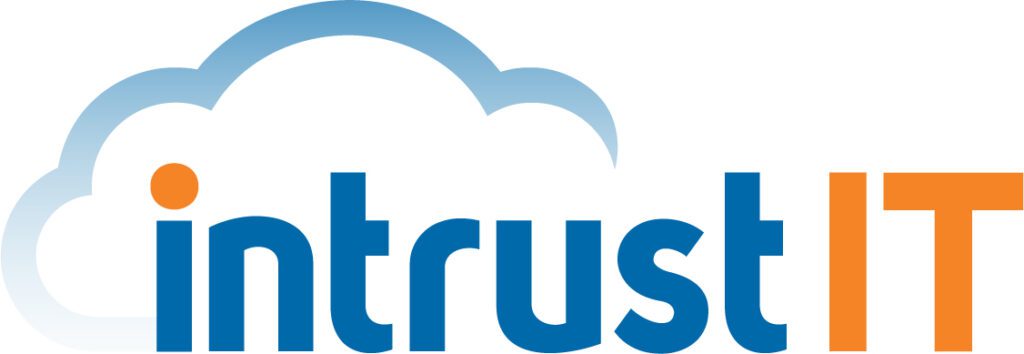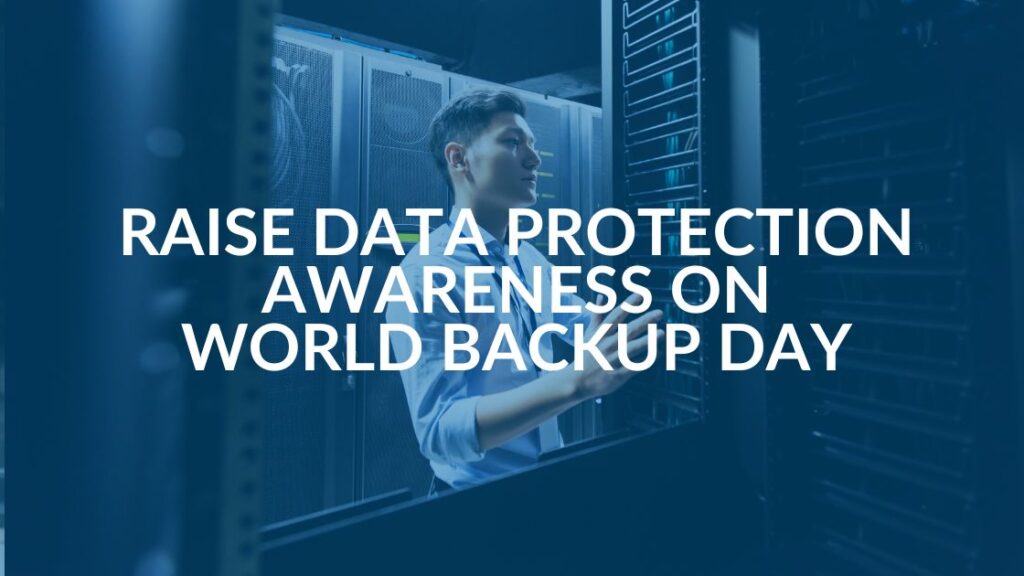Cybersecurity for Small Businesses: Threat Management Strategies

The threat of cybercrime looms larger than ever before. With each passing year, we witness a staggering rise in cyberattacks, and it’s not just the big corporations making headlines for data breaches. Small businesses have emerged as prime targets for cybercriminals, often facing unique challenges in safeguarding their digital assets.
If you’ve made it to this page, it’s clear you’ve demonstrated an interest in cybersecurity for small businesses and are looking for cybersecurity tips for small businesses.
In this blog post, we discuss how cybercrime is a business model, explore common cybersecurity risks small businesses face and offer practical strategies to enhance your security posture.
Cybercrime Is a Profitable Business Model
Behind today’s cyberattacks lurks a sophisticated ecosystem fueled by profit-driven motives. From ransomware-as-a-service platforms to underground marketplaces for stolen data, cybercriminals operate with the precision and efficiency of legitimate businesses.
They invest in research and development, continuously innovating new attack techniques to evade detection and maximize their returns. Moreover, the emergence of cybercrime syndicates has further professionalized the industry, with specialized roles and hierarchical structures mirroring those of legal enterprises.
As an expert managed service provider, we’ve seen how cybercriminals actively and meticulously target small businesses. They see them as lucrative opportunities with potentially lower security defenses.
The bottom line is that you need cybersecurity for small businesses. With that in mind, here are some of the most common cybercrime attack vectors bad actors use:
Phishing Attacks
One of the most prevalent threats facing small businesses is phishing attacks. These scams involve deceptive emails, disguised as legitimate communications, that aim to trick employees into revealing sensitive information or downloading malicious software.
With phishing tactics becoming increasingly hard to spot to the untrained eye, it’s crucial for small businesses to educate their staff about the telltale signs of phishing attempts and implement robust email security measures to prevent such attacks.
Ransomware
Ransomware poses a significant threat to small businesses, causing data encryption and demanding payment for its release. You might be surprised to learn that the cost of paying the ransom isn’t the only financial cost associated with an attack.
Getting the bad actor out of your system, forensics and damage to your business’s reputation and customer trust are all things you have to consider when you neglect cybersecurity for small businesses and can cost hundreds of thousands of dollars.
Small businesses must prioritize regular data backups, employ robust endpoint security solutions and implement strong access controls to mitigate the risk of falling victim to ransomware.
Insider Threats
While overseas external threats often gain more widespread attention, insider threats can be equally detrimental to small businesses. Whether intentional or unintentional, insider threats encompass a range of malicious activities carried out by current or former employees, contractors or partners.
Implementing strict access controls with a Zero Trust mindset, conducting regular security training and monitoring user activity can help small businesses detect and prevent insider threats before they escalate. If you want to learn more about Zero Trust, reach out to one of our IT support experts.
Supply Chain Vulnerabilities
Small businesses are increasingly interconnected through complex supply chains, which can introduce additional cybersecurity vulnerabilities. Third-party vendors and suppliers may unwittingly expose small businesses to cyber risks through insecure networks or compromised systems.
Small businesses should conduct thorough due diligence when selecting vendors, establish clear security requirements in contracts and regularly assess the security posture of their supply chain partners.
Cybersecurity Tips for Small Businesses
Now that we’ve explored some common cybersecurity risks facing small businesses, let’s discuss practical, low-cost tips to enhance your security posture:
- Invest in cybersecurity awareness training. Educate employees about cybersecurity best practices, including how to identify and respond to potential threats.
- Implement multi-factor authentication (MFA). This simple step of implementing MFA across your accounts can currently stop 99.9 percent of all account-compromising attempts. Enhance authentication processes by requiring multiple forms of verification for access to sensitive systems and data.
- Regularly update software and systems. Keep operating systems, applications and security software up to date to patch known vulnerabilities and strengthen defenses against emerging threats. Automating software updates is a simple and free step you can take to increase cybersecurity for small businesses.
- Encrypt sensitive data. Utilize encryption to protect sensitive information both in transit and at rest, reducing the risk of unauthorized access in the event of a breach.
- Establish incident response plans. Develop comprehensive incident response plans outlining protocols for detecting, containing and mitigating cybersecurity incidents to minimize downtime and data loss. If you’re not sure how to create an incident response plan, outsource your expertise to a security operations center (SOC).
- Get a vulnerability assessment. Not sure where your small business falls under current cybersecurity guidelines and best practices? Consider getting a vulnerability assessment from an expert managed service provider to uncover your weaknesses and identify areas of improvement.
Cybersecurity Tips for Small Businesses
Cybersecurity for small businesses isn’t simply a “set it and forget it” thing, but an ongoing commitment to protecting your small business from evolving threats. When it comes to cybersecurity, prevention is always better than cure.
If you have any questions related to how you can secure your small business, contact us or schedule a no-obligation consultation with us today.
Share this Blog
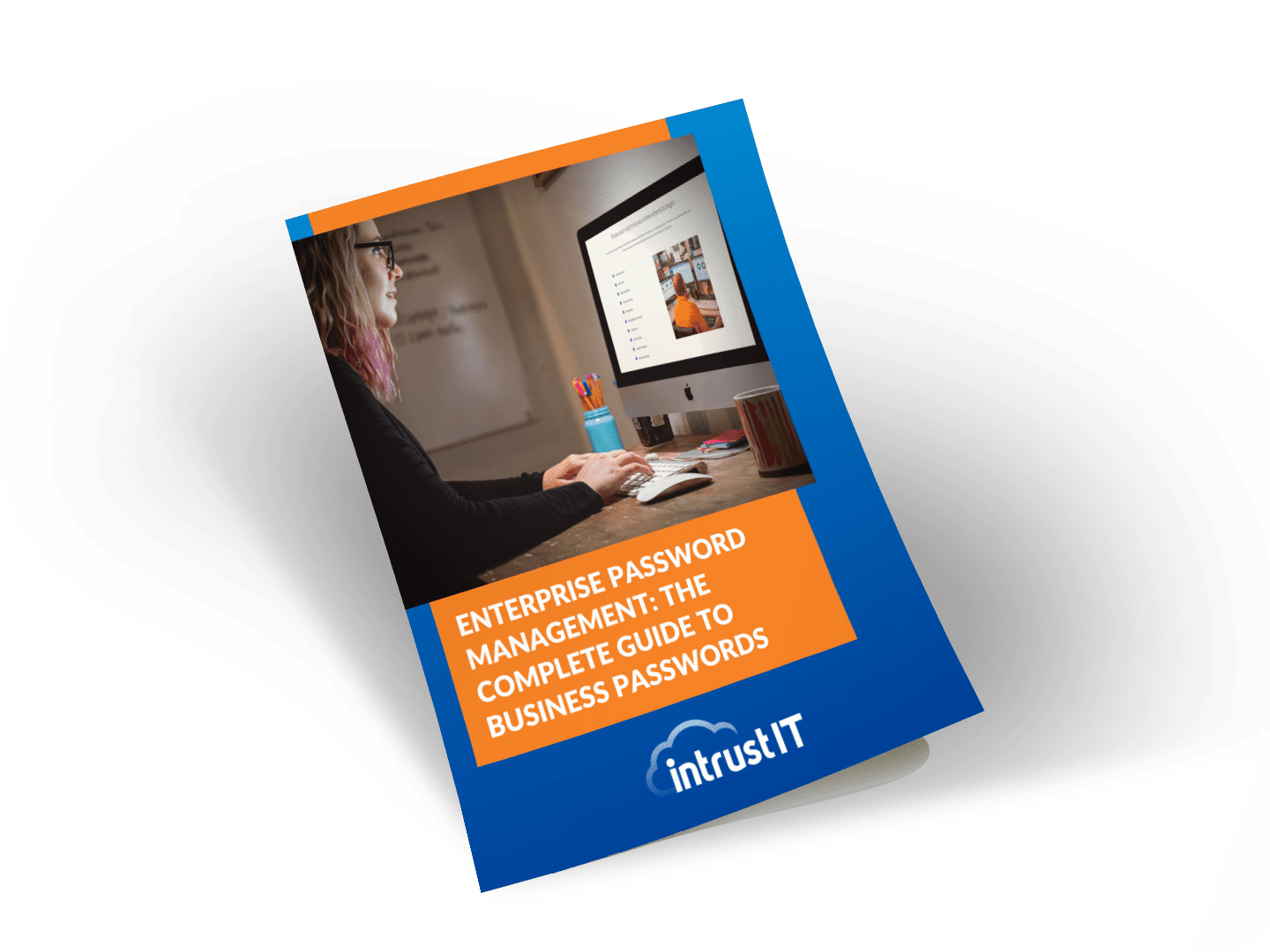
Is Your Name or Birthday a Part of Your Password?
If so, you’re a part of the 59 percent of people who don’t follow proper password hygiene. More than 70 percent of passwords are used for more than one system, meaning if cybercriminals crack one, they can access a lot more accounts.
Our free Enterprise Password Management Guide will give you the best password hygiene practices to help you secure your computer and your business.
Download the Guide
Explore the Latest Trends in IT

Microsoft 365 and Google Workspace: The Importance of Backing Up Your Cloud-Based Applications
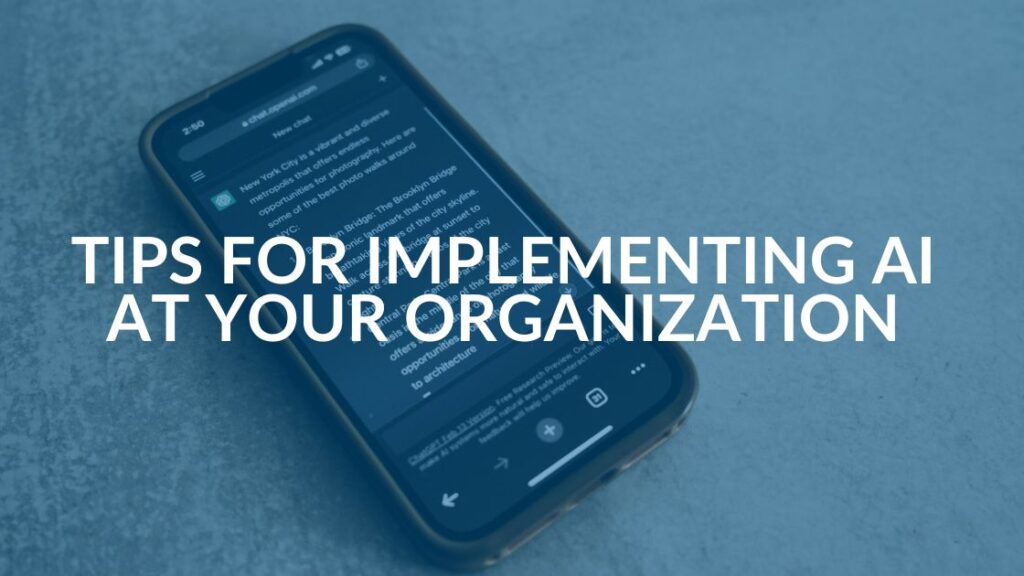
AI Guiding Principles

Edge vs Chrome Security: Which Is the Best Browser for Your Business?

